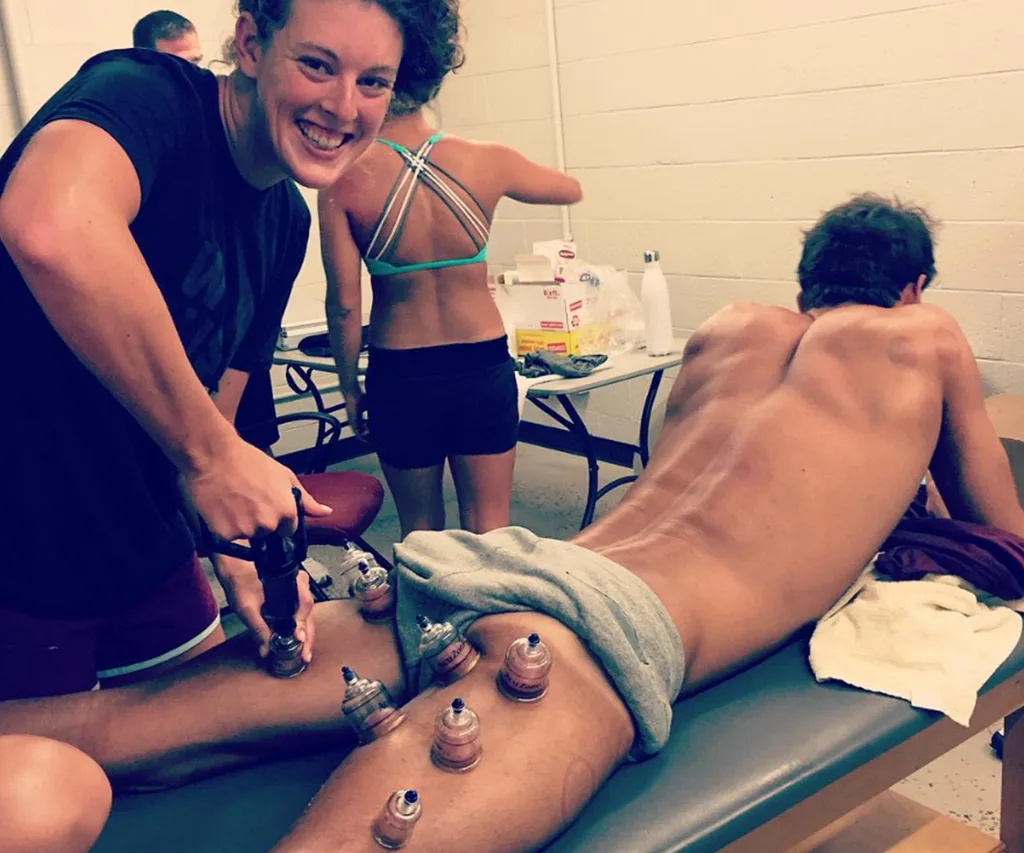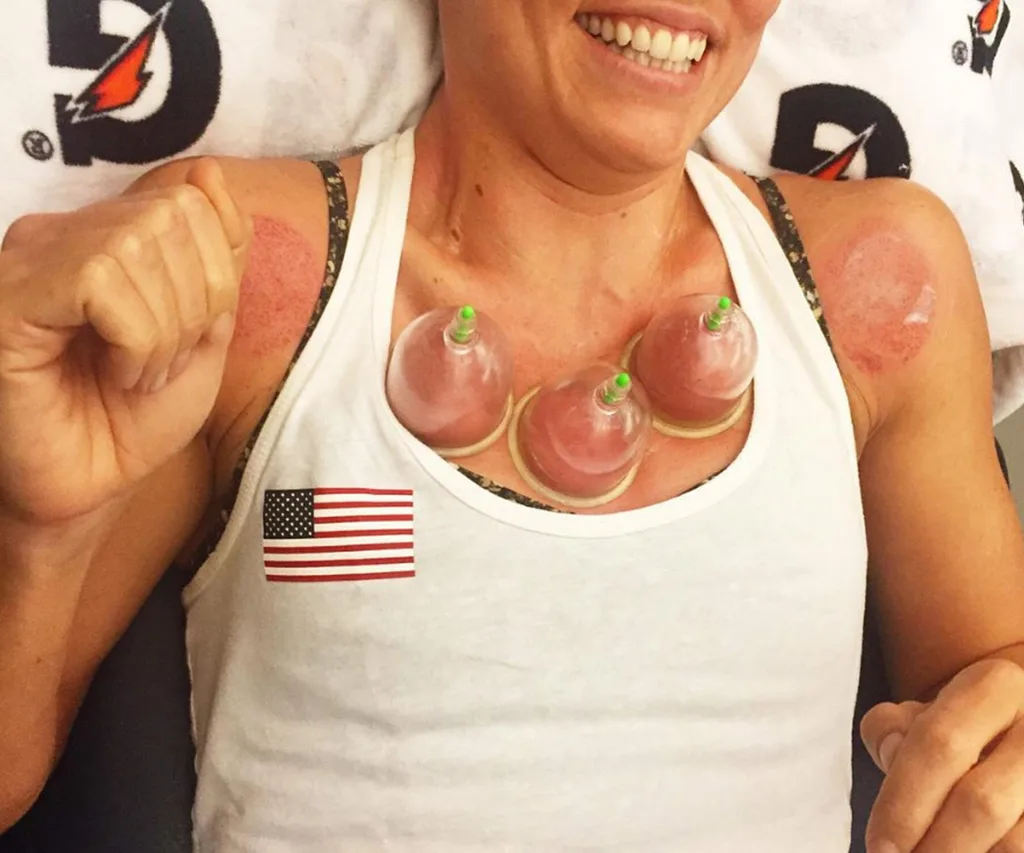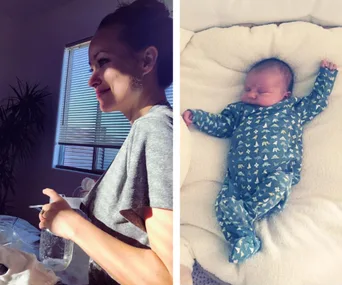This week, US swimmer Michael Phelps won his 19th gold medal in the men’s 4x100m freestyle relay.
And while most of the world focused on cheering him to the finish line, many onlookers were more baffled by the circular bruises that decorated his muscular shoulders.
To dim your burning curiosity, these deep purple circles are the result of an ancient Chinese therapy called cupping, which is believed to date back as far as 3000BC.
The healing technique aims to reduce stiffness, ease muscle cramps and remove scar tissue, according to Jill Blakeway, doctor of acupuncture and Chinese medicine and founder of The YinOva Center in New York.

The gold medal-winner swears by the treatment, but does it work?
“What happens is the suction draws fresh blood and lymph into the tissue and as the blood flow increases to all the little blood vessels, the tissue gets more nutrients and oxygen. That is why the athletes are using it to improve performance,” she explained to Elle Magazine.
“It’s a very relieving, good sensation if you’re an athlete with achy muscles.”
Find out more about cupping in the video player below! Post continues…
You might be wondering just how it works.
A local suction is created on the skin using either heat or air pumps, and administered through the use of small glass cups.
The skin is drawn up like a vacuum inside the cup, and left for around 10-15 minutes. Upon removal, the area will be left with a deep, circular bruise caused by the expansion of blood vessels.
The remaining welts – which appear similar to a huge, round hickey, are believed by some to help treat pain, deep scar tissues, muscle knots and even skin conditions such as acne.
However modern medical professionals have their qualms about the ancient therapy.

“Laughing because it hurts so bad. Gonna leave a mark!” US Olympic swimmer Natalie Coughlin penned alongside this cupping selfie.
So far, only studies on small scales have been performed to test the effectiveness of this alternative medicine, with scant evidence for the treatment holding any benefits.
In the end (or at least until science finds a definitive answer) it all comes down to what works for you.
I have friends who swear by the technique, crediting their pepperoni-esque bruises for a lack of pain and surge in energy.
Others admit that “it’s like that feeling when your skin tightens after you put on a face mask and you crack a smile and it hurts… but magnified.”
While I can’t say that I’ll be rushing to sport these circular hickeys any time soon (the images alone give me the heebie jeebies), there’s no denying that after 19 gold medals, Michael Phelps must be doing something right.

Another win for the legend of the pool!


